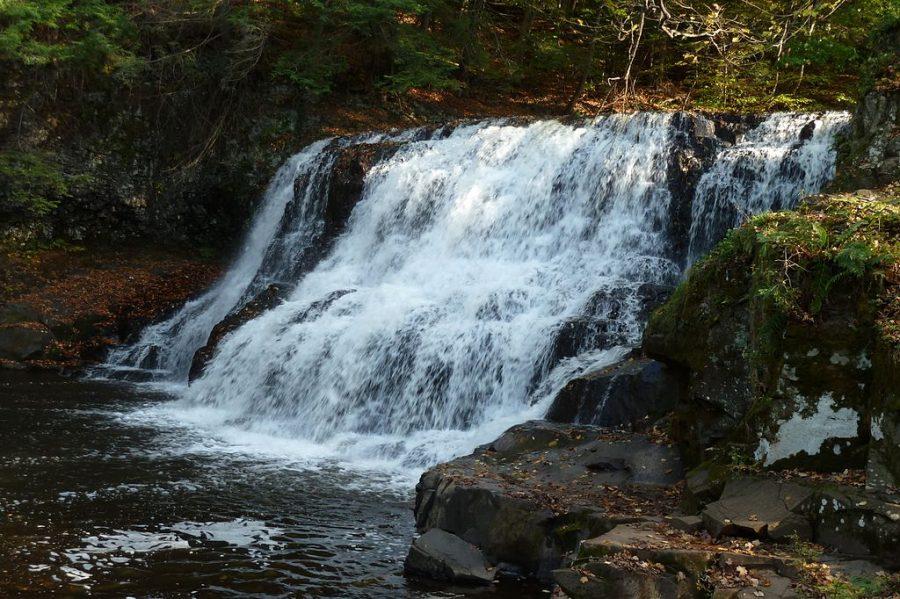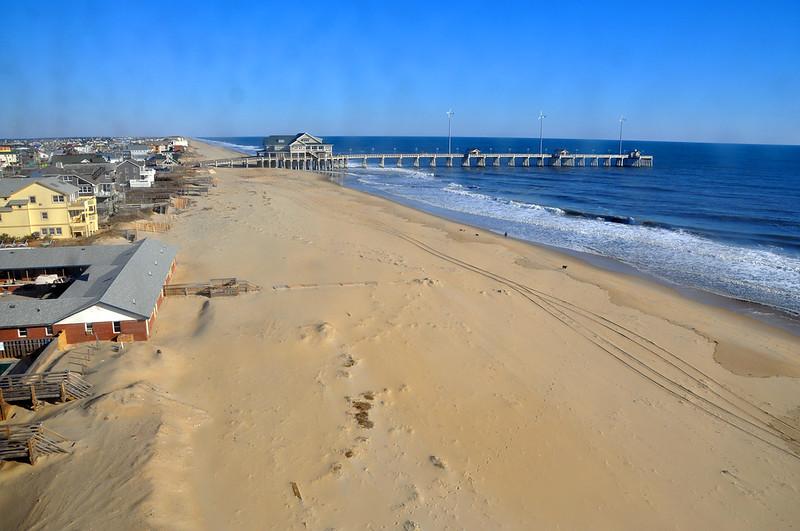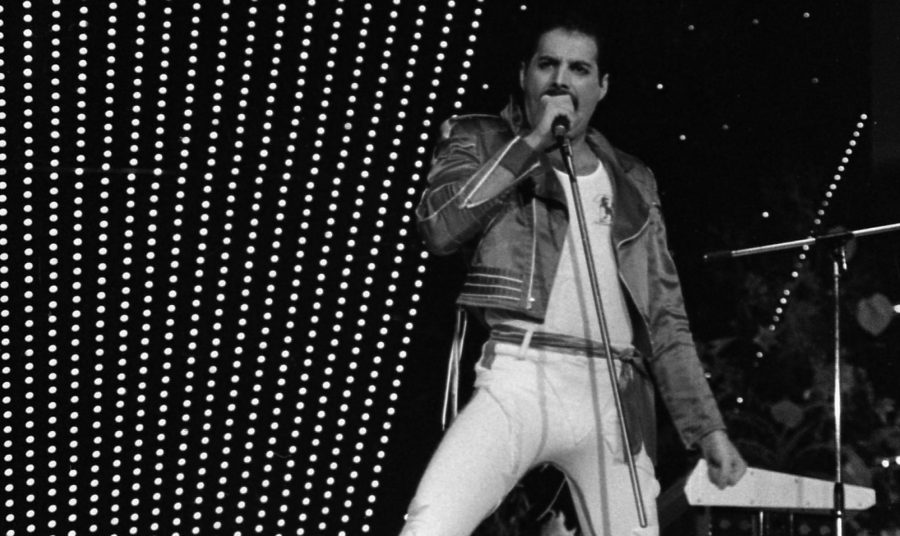BY DAVE BONETTI, COLLIN DURAN, SEBASTIAN GUTIERREZ, and ANDRES TUCCILLO
The Sixth Extinction, a non-fiction book written by Elizabeth Kolbert describes how humans’ own actions, not the natural occurrences, have been causing mass destruction to the natural world and those species that reside there. This book examines the relationships between past extinction events to ones today and mechanisms of extinction to show how humanity is causing a 6th Mass-Extinction through ocean acidification, deforestation, carelessness, and poaching, to name a few factors.
Kolbert begins with a discussion of the mechanism of invasive species; species which are not indigenous to the environment they are involved in and kill off many of the native species. Then she discusses how this “sixth extinction” began long before the Industrial Revolution because humanity has been hunting species to extinction for thousands of years. Through the next few chapters she examines the uncanny similarities between the many ecological disasters currently caused by global warming and the asteroid strike that is said to have wiped out the dinosaurs. Towards the end of the book, she describes the “New Pangia” (Pangia was the famous supercontinent from the late Paleozoic and early Mesozoic eras); in this world of human interconnection, geographical borders mean nothing and species interact as if there were one continent. She concludes the book by stating how humanity is is deciding which evolutionary pathways are available, and which ones are not.
The author’s main idea and purpose is that we need to change our ways, fast. We only have a short amount of time before the damage becomes irreversible. We are causing around 2,000 extinctions a year, which is around .1% of all species on Earth. The main idea and themes are we need to conserve and protect the animals that we have on Earth. The issue of invasive species is also touched on, and how we are causing many animals to go extinct without even knowing it. Not all the animals we cause to go extinct are on purpose; we just need to realize the effect our actions have on them. As one of the scientists in the book said, the animals are the little creatures that “run the world.”
Furthermore, the author achieves her purpose in drawing attention to the mass destruction to the environment that humans have caused. Kolbert uses shocking statistics to make clear the urgency of the issue at hand. One fact that stood out was that by 2050, with only minimal global warming, “9 to 13 percent of all species would be ‘committed to extinction.” With indisputable statistics, the author makes it hard to not feel like a global catastrophe could be imminent.
The book’s strengths begin with its hard hitting and humbling facts and statistics. Additionally the creative chapter titles coupled with the sub-plots focused around smaller issues, such as the golden frogs in Panama, do keep the The Sixth Extinction a page turner. Not only do readers get a background on the history of the study of extinctions, but they are introduced to some pressing issues revolving around pollution, learning how widespread the effects of human expansion and industrialization are on more than just geography and the atmosphere. With the statistics used by Kolbert, it was made clear how urgent the issue is and the devastation that could become a reality for many species. It shows how big of an impact human activities have had on animals, and if we do not change our ways that can have serious implications on the world around us, making it hotter, and less diverse.
Everyone should read this book. The vast ignorance that clouds our modern day society from the suffering of the natural world is a malevolent thing that must be eradicated. Not only is the book a good and interesting read, it can open people’s minds to the possibility that they way the human race has conducted itself is not beneficial (in any sense of the word) to the world. Although this book can leave readers with a pessimistic view of the world, deeply saddening them to know about the unique creatures that will never be seen again in reality, that mind set is not beneficial to anything or anyone. Instead, people should be encouraged to read this book, not to feel guilty or depressed for this mass loss of life, but to feel determined to end this 6th extinction.
Categories:
Are We Headed for a Sixth Extinction?
December 18, 2017
The Sixth Extinction – photograph by Lauren raine – [CC BY-SA 3.0 (https://creativecommons.org/licenses/by-sa/3.0)], via Wikimedia Commons
0
![The Sixth Extinction - photograph by Lauren raine - [CC BY-SA 3.0 (https://creativecommons.org/licenses/by-sa/3.0)], via Wikimedia Commons](https://cantonjournal.org/wp-content/uploads/2017/12/The_Sixth_Extinction-682x900.jpg)





